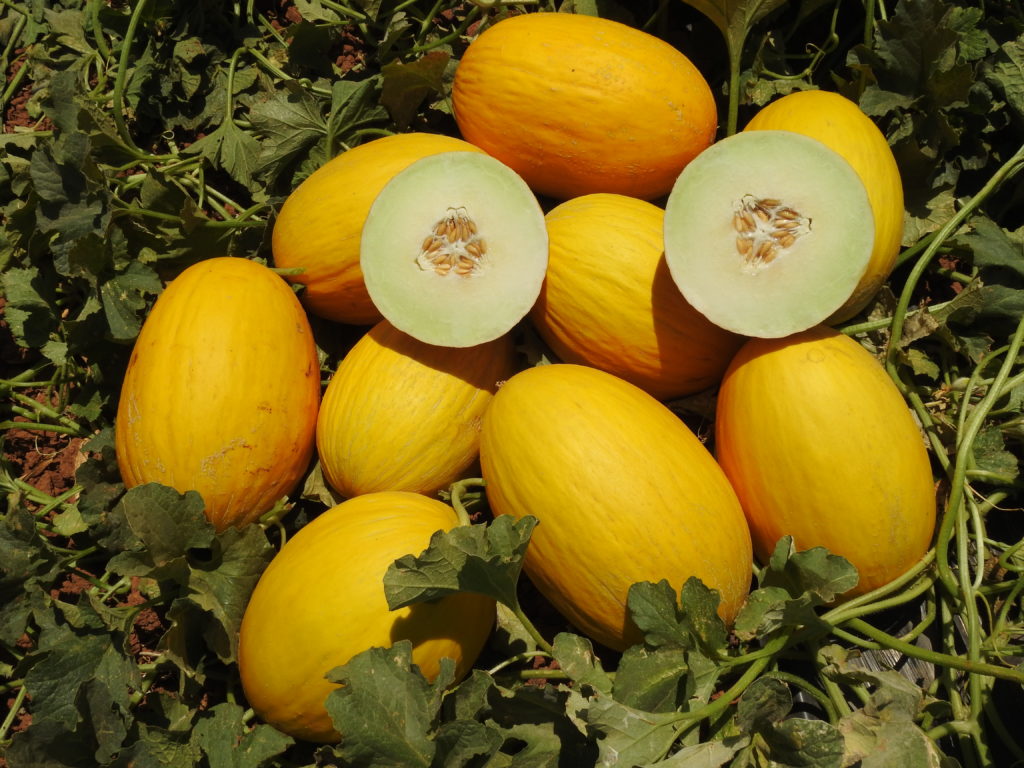Hybrid Seeds Production: The Future of Agriculture

In the modern world of agriculture, the production of hybrid seeds has become a crucial aspect. Hybrid seeds are created by crossing two or more plants that have desirable characteristics, such as disease resistance, high yield, and improved quality. Hybrid seeds are often more robust and productive than their parents, making them an attractive option for farmers looking to increase their crop yields.
Hybrid seeds have many advantages over traditional seeds. They are usually more resistant to pests and diseases, and they produce higher yields than conventional seeds. Hybrid seeds can also improve the quality of crops, including their taste, texture, and appearance. Additionally, hybrid seeds can help reduce the amount of water and fertilizer needed to grow crops, which can help reduce the environmental impact of agriculture.
Producing hybrid seeds involves a complex process of controlled pollination, careful selection, and testing. The first step in producing hybrid seeds is to select two or more parent plants that have desirable traits. These parent plants are then cross-pollinated to create a hybrid plant that has the desired characteristics. The hybrid plant is then tested to determine its yield potential, resistance to disease and pests, and other desirable qualities.
Once the hybrid plant has been selected, it is grown and multiplied to produce the hybrid seed. The hybrid seed is then carefully tested and evaluated to ensure that it maintains the desired traits. This process can take several years, as each generation of hybrid plants must be carefully evaluated and selected to maintain the desired traits.
Hybrid seeds can be more expensive than traditional seeds, but the benefits often outweigh the cost. Farmers who use hybrid seeds can expect higher yields, better quality crops, and improved resistance to pests and disease. Hybrid seeds can also help reduce the amount of water and fertilizer needed to grow crops, which can help reduce costs and improve sustainability.
Trust Seeds is a leading producer of hybrid seeds in the agriculture industry. With years of experience, Trust Seeds has become a trusted name in hybrid seed production. The company is committed to providing farmers with the best hybrid seeds that offer high yields, improved quality, and increased resistance to pests and diseases. In this article, we will explore the process of hybrid seed production and the benefits of using Trust Seeds’ hybrid seeds.
Section 1: What are hybrid seeds?
Hybrid seeds are created by cross-pollinating two or more plants that have desirable traits. The process of cross-pollination involves taking pollen from one plant and transferring it to the stigma of another plant. The resulting offspring plant will have traits from both parent plants. Hybrid seeds offer many advantages over traditional seeds, including higher yields, improved quality, and increased resistance to pests and diseases.
Section 2: The process of hybrid seed production
The process of hybrid seed production involves several steps, including:
Selection of parent plants: The first step in hybrid seed production is the selection of parent plants. The parent plants must have desirable traits that the hybrid plant should inherit. The selection of parent plants is based on traits such as yield potential, resistance to pests and diseases, and quality.
Controlled pollination: Once the parent plants have been selected, the process of controlled pollination begins. The male flowers from one parent plant are removed, and the female flowers from another parent plant are covered with a bag to prevent self-pollination. Pollen from the male parent plant is then transferred to the stigma of the female parent plant.
Hybrid plant selection: The resulting offspring plants are grown and evaluated to determine which plants have the desired traits. The hybrid plants that meet the criteria are then selected for further evaluation.
Testing and evaluation: The selected hybrid plants are tested and evaluated to ensure that they maintain the desired traits. This process can take several years, as each generation of hybrid plants must be carefully evaluated and selected to maintain the desired traits.
Seed production: Once the hybrid plant has been selected, it is grown and multiplied to produce the hybrid seed. The hybrid seed is then carefully tested and evaluated to ensure that it maintains the desired traits.
Section 3: The benefits of using Trust Seeds’ hybrid seeds
Trust Seeds’ hybrid seeds offer many benefits to farmers, including:
High yields: Trust Seeds’ hybrid seeds have been carefully selected for their high yield potential. Farmers who use Trust Seeds’ hybrid seeds can expect to see significant improvements in their crop yields.
Improved quality: Trust Seeds’ hybrid seeds produce crops that have improved quality, including better taste, texture, and appearance.
Increased resistance to pests and diseases: Trust Seeds’ hybrid seeds are more resistant to pests and diseases than traditional seeds. This reduces the need for pesticides and other chemicals, making it a more sustainable option.
Reduced water and fertilizer usage: Trust Seeds’ hybrid seeds can help reduce the amount of water and fertilizer needed to grow crops. This can help reduce costs and improve sustainability.
Section 4: Trust Seeds’ commitment to sustainability
Trust Seeds is committed to sustainability and reducing the environmental impact of agriculture. The company’s hybrid seeds are designed to reduce the use of pesticides and other chemicals, which can be harmful to the environment. Trust Seeds’ hybrid seeds also require less water and fertilizer than traditional seeds, which can help conserve resources and reduce the environmental impact of agriculture.
Conclusion:
Hybrid seed production is a crucial aspect of modern agriculture. Trust Seeds is a leading producer of hybrid seeds, offering high-quality seeds that offer high yields, improved quality, and increased resistance to pests and diseases. Trust Seeds is committed to sustainability and reducing the environmental impact of agriculture, making it a trusted name in the industry.
In conclusion, the production of hybrid seeds is a crucial aspect of modern agriculture. Hybrid seeds offer many advantages over traditional seeds, including higher yields, improved quality, and increased resistance to pests and diseases. While the production of hybrid seeds can be a complex and time-consuming process, the benefits make it a worthwhile investment for farmers looking to improve their crop yields and sustainability.

 Previous Post
Previous Post

